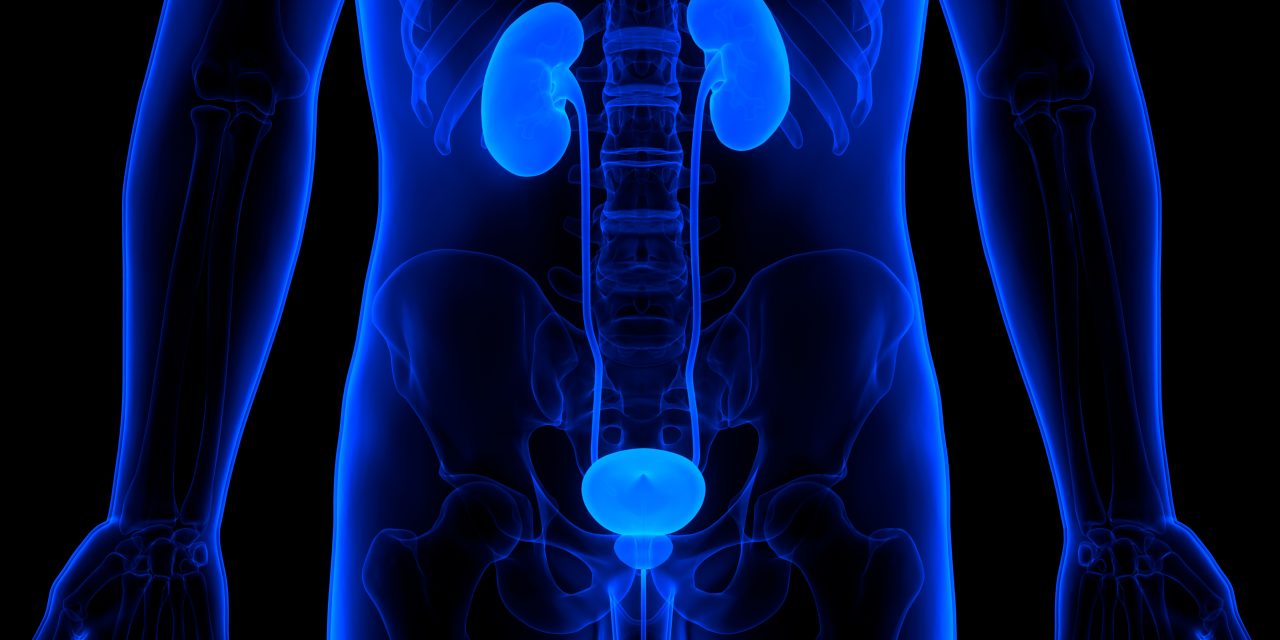Inflammation and epithelial-mesenchymal transition (EMT) play important roles in the occurrence and development of benign prostatic hyperplasia (BPH); curcumin exerts anti-proliferative, anti-inflammatory, and anti-EMT effects.
To explore the anti-inflammatory and anti-EMT mechanisms of curcumin in BPH.
Ten-week-old male C57BL/6 mice were administered lipopolysaccharide (LPS, 100 µg/kg) in the prostate lobules to establish an inflammatory BPH model (LPS group), and curcumin (120 mg/kg) was administered into the abdominal cavity for 2 weeks (three times a week, curcumin-treated group). A group of healthy mice served as the control group. The expression of Toll-like receptor 4 (TLR4), bone morphogenetic protein and activin membrane-bound inhibitor (BAMBI), EMT markers, inflammatory cytokines, and transforming growth factor β1 (TGF-β1) was detected by PCR and western blotting. TGF-β1 (0.1 ng/mL) and LPS (100 ng/mL) were used to induce EMT in benign prostatic hyperplasia epithelial cells (BPH-1).
, curcumin reduced the size of the prostate, suppressed the expression of vimentin and TLR4, and increased the expression of E-cadherin and BAMBI in the LPS-induced BPH mouse model. Moreover, curcumin decreased the levels of IL-6 and TNF-α by 44.52 and 46.17%, respectively. , curcumin attenuated cell proliferation, suppressed the expression of vimentin and TLR4, and increased the expression of E-cadherin and BAMBI in BPH-1 cells. Furthermore, BAMBI knockdown reversed the expression of vimentin and E-cadherin induced by curcumin.
This study demonstrated that curcumin alleviated hyperplasia, EMT, and inflammation . Furthermore, curcumin suppressed EMT by targeting BAMBI via the TLR4/BAMBI/TGF-β1 signalling pathway , demonstrating its potential utility in BPH treatment.
Curcumin attenuates prostatic hyperplasia caused by inflammation up-regulation of bone morphogenetic protein and activin membrane-bound inhibitor.


